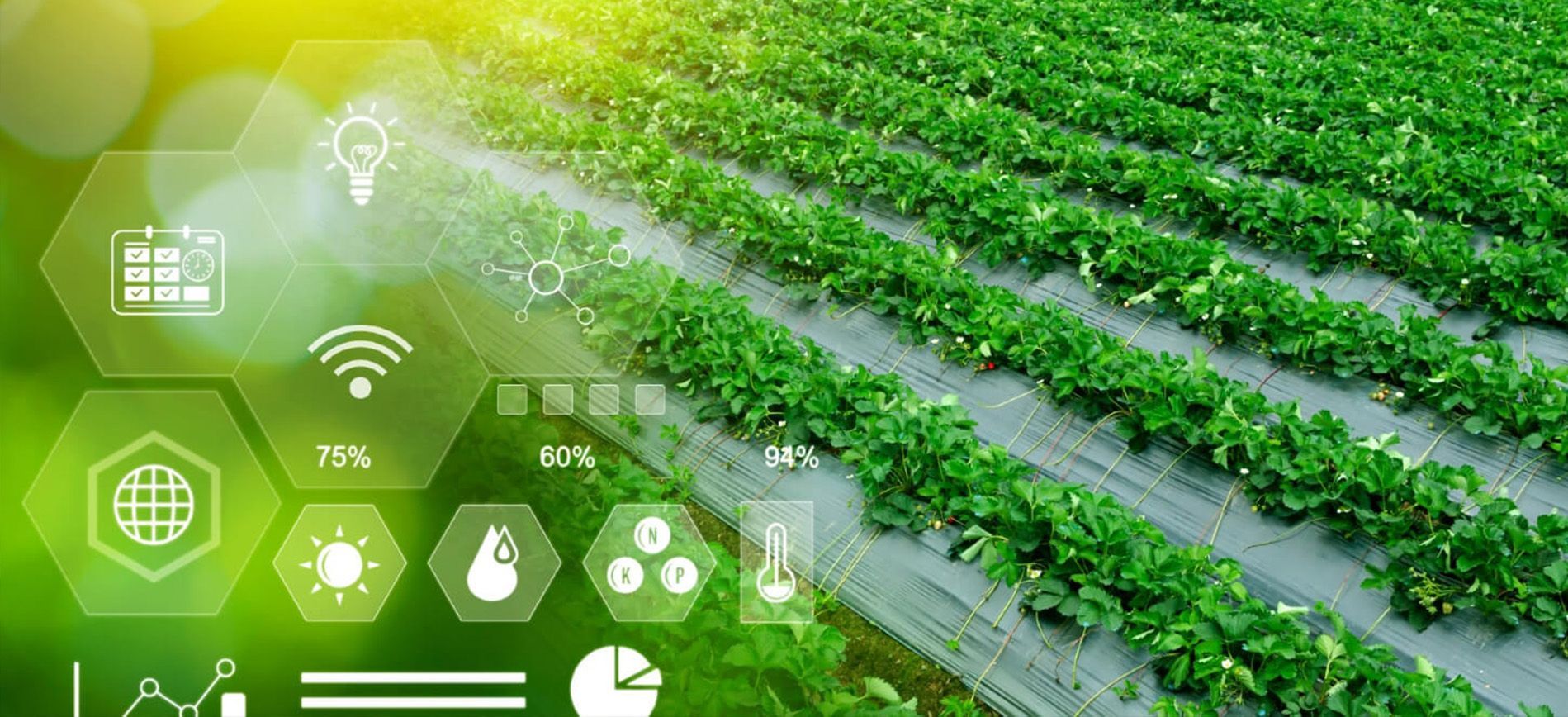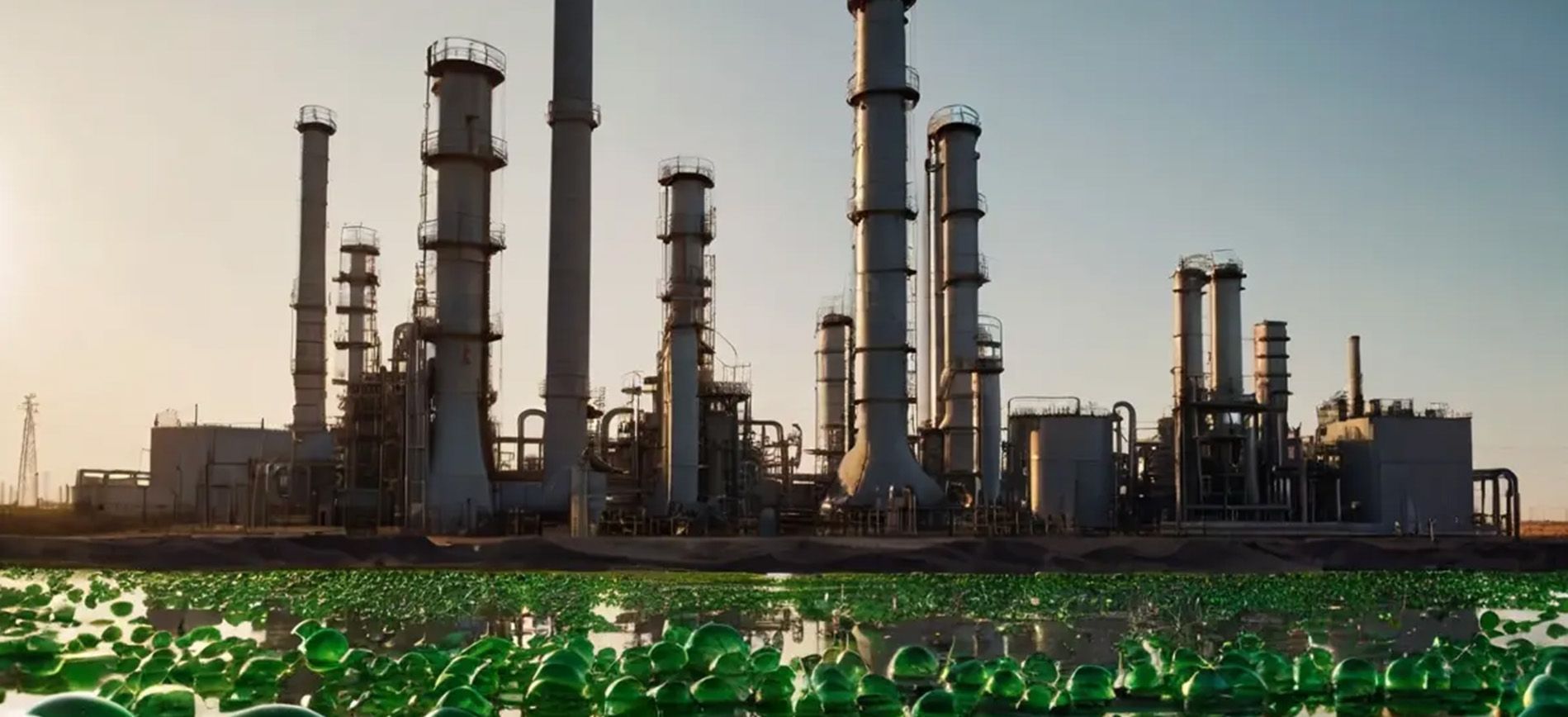The Role of AI and Digital Tools in Revolutionizing Petrochemical and Fertilizer Supply Chains
The Role of AI and Digital Tools in Revolutionizing Petrochemical and Fertilizer Supply Chains

In an era driven by technology, industries are increasingly turning to artificial intelligence (AI) and digital tools to optimize their operations. The petrochemical and fertilizer industries, characterized by complex supply chains and fluctuating market dynamics, are no exception. This blog explores how AI and digital technologies are transforming supply chain management in these sectors, driving efficiency, sustainability, and profitability.
The Need for Digital Transformation in Petrochemical and Fertilizer Supply Chains
Petrochemical and fertilizer supply chains are intricate, involving procurement, production, transportation, storage, and distribution. Challenges such as volatile market prices, geopolitical risks, and environmental concerns necessitate innovative solutions to maintain competitiveness.
Key Challenges:
1. Unpredictable demand fluctuations.
2. Rising costs of raw materials and transportation.
3. Stringent environmental regulations.
4. Coordination between multiple stakeholders.
How AI and Digital Tools Are Making a Difference
1. Predictive Analytics for Market Trends
AI-powered predictive analytics help companies forecast market trends and price movements. This capability enables businesses to make informed decisions on procurement, pricing, and production planning.
Example:
By analyzing historical data and real-time market conditions, AI algorithms can predict urea and HDPE price trends, enabling better inventory management.
2. Enhancing Logistics with IoT
The Internet of Things (IoT) allows companies to monitor shipments in real time, ensuring timely deliveries and reducing logistics costs. IoT devices provide insights into factors like shipment temperature, location, and delays.
3. Inventory Optimization
AI-driven systems optimize inventory levels by analyzing demand patterns, and reducing overstocking or understocking risks. This is particularly crucial in the fertilizer industry, where shelf life and seasonality impact demand.
4. Blockchain for Transparency
Blockchain technology enhances transparency and trust by providing a secure, immutable record of transactions. This is essential for verifying the quality of raw materials and ensuring ethical sourcing.
5. Sustainable Practices Through AI
AI tools help companies monitor emissions and energy usage, enabling compliance with environmental regulations. This aligns with the global push for sustainability in the petrochemical and fertilizer industries.
Case Studies
Case Study 1: AI in Fertilizer Production
A leading fertilizer manufacturer implemented AI-driven sensors in their production units. The sensors monitored energy consumption and raw material usage, optimizing production processes and reducing costs by 15%.
Case Study 2: Blockchain in Petrochemical Trading
A petrochemical trading company adopted blockchain technology to verify the origin and quality of crude oil. This improved trust among stakeholders and enhanced supply chain efficiency.
Future Trends
As industries evolve, the integration of AI and digital tools is expected to grow. Key future trends include:
• AI-powered demand forecasting models.
• Adoption of autonomous vehicles for logistics.
• Integration of AI with renewable energy sources in production.
Conclusion
The integration of AI and digital technologies is revolutionizing the petrochemical and fertilizer supply chains. From predictive analytics to blockchain, these tools empower businesses to tackle industry challenges efficiently. Companies that embrace these innovations will position themselves as leaders in a rapidly evolving market.




